The Tennessean – Why Latino families will benefit from Tennessee’s Education Savings Accounts | Opinion
The following article was originally published in The Tennessean.
Educational empowerment triumphs again, after the court lifted an injunction on the long-blocked Education Savings Account (ESA) program Gov. Bill Lee signed into law in 2019.
Three years ago, the state’s General Assembly passed the Education Savings Account Program (ESA), a monumental moment for Hispanic families in a state where academic disparities for minority students mirror the painful realities of Latino students across the country.
Parents throughout Tennessee have been eager to access an educational system that meets the needs of their kids – so much so that, in the spring of 2020, when the application process opened, almost 800 Hispanic families in Nashville and Memphis applied to receive an ESA. Unfortunately, a frivolous lawsuit stopped the application process, leaving families in limbo and with no access to other school options for several years.
But now, Tennessee families will benefit from a program that will allow eligible parents to use up to $7,000 on tuition and other pre-approved educational expenses.
Access to ESAs will be a game-changer for underprivileged families, especially Latino students who suffered significant setbacks due to the pandemic.
A recent report released by UnidosUS shows the Latino high school graduation rate dropped by 0.7% from 2020-2021, according to a data analysis of 25 states representing 57% of the student population. Moreover, Hispanic college enrollment shrunk by 7.8% in the spring of 2021 compared to the year before.
The study shows Latino students are more likely to attend high-poverty schools that participated in remote learning for an extended period of time. Sadly, but not surprisingly, this yielded greater academic losses.
Take Lissette López, for example. Lopez, a Latina mother of two school-age children has been anxiously awaiting the outcome of the Tennessee court challenge because she feels scholarships can change lives and give opportunities to the children who do not often have them.
She goes on to explain that, because of the economic disparities many Hispanics encounter, good schools are often times unattainable. Access to ESAs would change her life, and that of her children, who were in remote learning for many months and have seen academic weaknesses as a result.
López’s reality is like that of so many Latino families. Tennessee has a diverse, growing racial and ethnic community. The 2020 Census shows that 65% of the state’s 564,735-person increase over the past decade reported themselves as being Hispanic or Latino. Sadly, this emergent group of people often do not have access to the type of educational opportunities that will help their children thrive.
The Tennessee Comprehensive Assessment Program (TCAP) test scores show that Latino students in the state are not only behind their white counterparts in math and English, they are also opting out of college or, if they are continuing higher ed, are not completing their degrees.
Because of these disparities, families like Lopez’s, are hopeful about the new ESA program. With this resource, parents will be afforded the ability to choose a school or type of learning that best fits the needs of their child, and students will have the chance to attend an institution that meets their academic goals.
Thanks to lawmakers who understand the significance of empowering families and expanding access to opportunity, Tennessee can make substantial gains in academic achievement. Students, many of whom happen to be low-income and in under-performing schools, stand to benefit most.
By funding students, not institutions, Governor Lee’s idea of putting underprivileged school children first will level the playing field for all Tennesseans by decreasing the marginalization of minority children in education.
Education is indeed the key to opportunity, and the power of creating new pathways for families to access it can make a tremendous impact for a community’s workforce and economy. Today, Tennesseans should applaud the commitment of their legislators and their Governor in spurring greater opportunity and success for thousands of students across the Volunteer State.
Valeria Gurr serves as director of external affairs for the American Federation for Children. She was the program manager for the Nevada Institute for Children’s Research and Policy and is a passionate advocate for educational choice, particularly for underserved families. For more information, visit: https://www.federationforchildren.org/staff/valeria-gurr/

